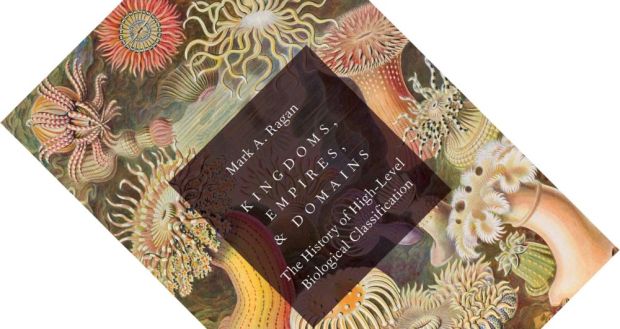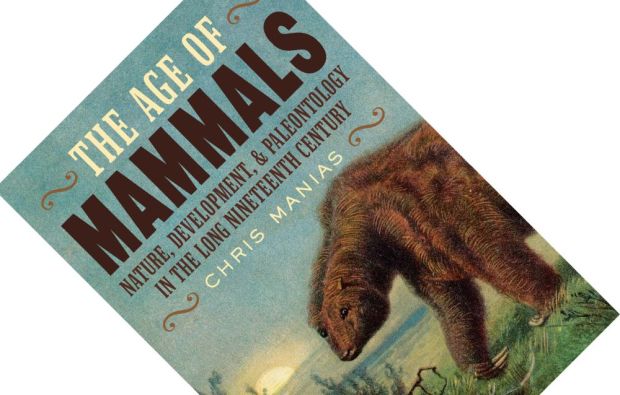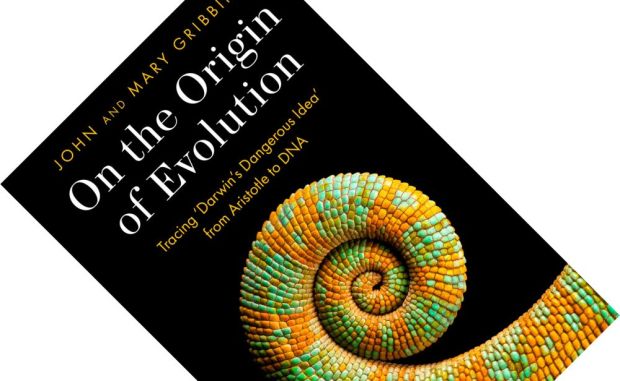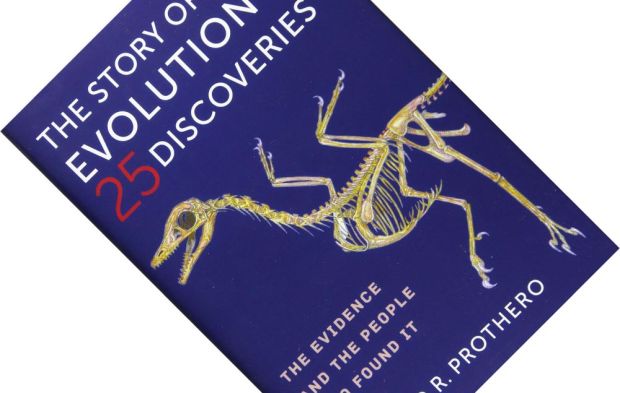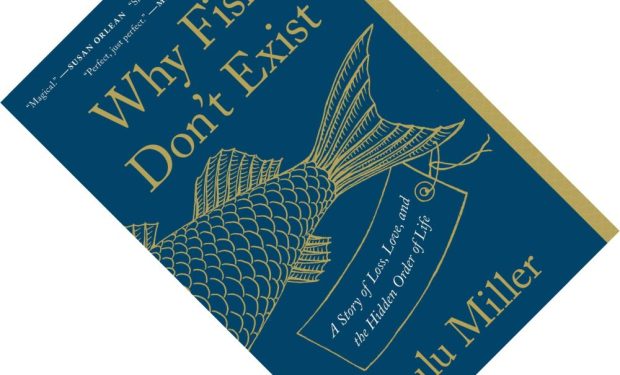10-minute read
keywords: history of science, taxonomy
This is the third of a three four-part series on the history of taxonomy. In the last two reviews, I zoomed in on two important historical figures, Linnaeus and Buffon. Obviously, trying to understand how the living world is organized occupied the minds of many more people, and also has a far deeper pedigree than the 18th century. How deep? How about we take stock of the last 26 centuries. Kingdoms, Empires, & Domains by molecular biologist Mark A. Ragan is an encyclopaedic behemoth that charts the history of our thinking about high-level biological classification. The phrase “animal, vegetable, mineral” might ring a bell, but that division was never universal and there was always a shifting borderland around this, to say nothing of how modern developments have upended our understanding. If that sounds even remotely interesting, buckle up: engaging with this book will be a significant if worthwhile investment. Ragan combines a deeply researched history that draws on primary literature and authoritative translations with a tightly focused and well-structured text. The result is a scholarly monograph that is remarkably engaging. Its massive scope makes it one of those once-in-a-generation books that will be indispensable for science historians and academic libraries.

